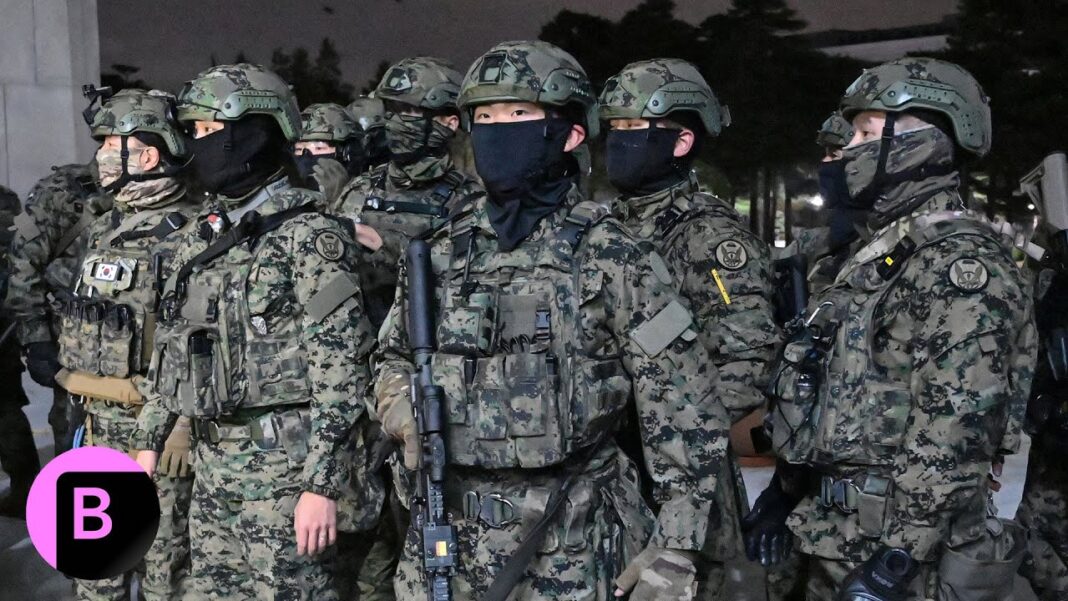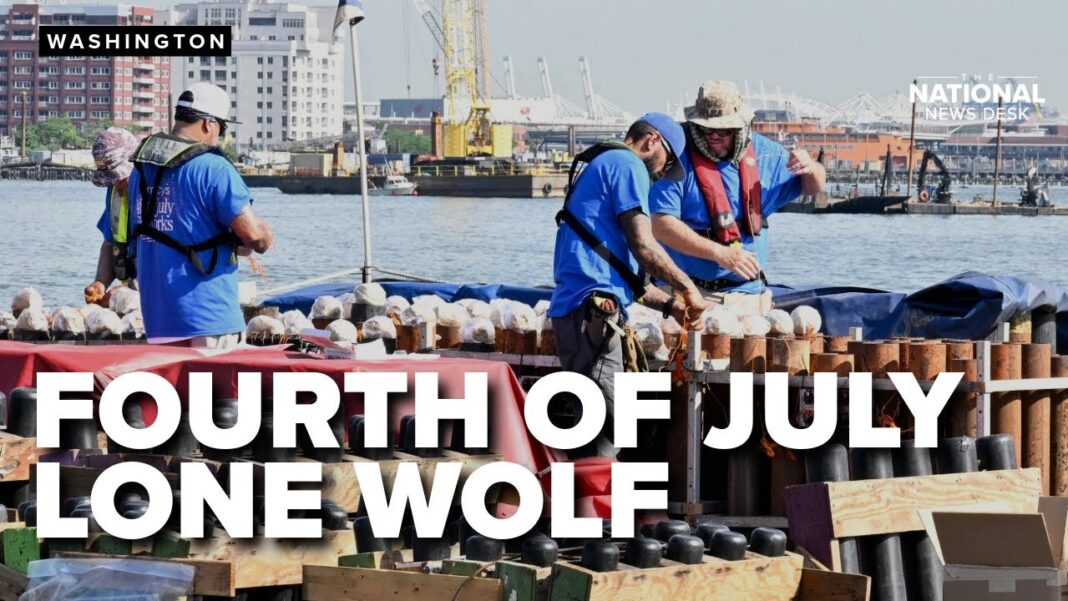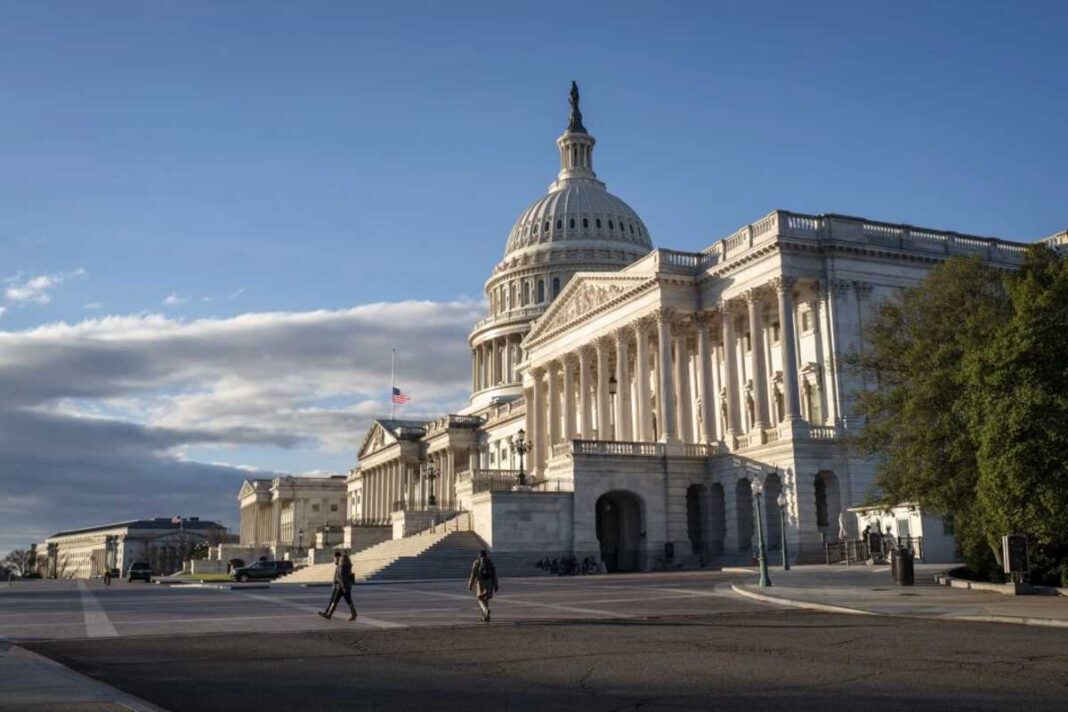The nation was plunged into turmoil in December after the president declared martial law, sparking his impeachment and a snap election.
South Korea’s parliament on Thursday approved a revision to the country’s martial law rules that bans any attempt to block lawmakers from entering the National Assembly.
The military and police are also prohibited from entering the National Assembly without approval from the speaker of parliament. The revision follows a crisis in December sparked by then-President Yoon Suk Yeol’s sudden declaration of military rule.
The revision of the Martial Law Act passed with 255 of the 259 members present voting in favor during a plenary session of the National Assembly, according to Korean media outlet Good Morning Chungcheong. The remaining four abstained.
Yoon, who is currently on trial for insurrection, attempted to impose martial law on Dec. 3, 2024, before he backed down six hours later in the face of parliamentary opposition and public protests.
That move sent Asia’s fourth-largest economy spiraling into months of political turmoil and led to the Constitutional Court eventually relieving him of the presidency in April. Yoon has denied the charges.
Lee Jae Myung replaced Yoon following a snap election in June.
During his campaign to become president, Lee had promised to reform the rules due to the upheaval caused in December.
“Our national prestige has fallen, but [martial law] happens. We have to make that impossible systematically,” he told Korean cable channel JTBC’s live YouTube talk show in May. “Overcoming the insurrection [crisis] is a no-brainer. Without it, our country will collapse.”
Yoon risked being detained on Tuesday after failing to show up for questioning by a special prosecutor investigating his December declaration of martial law.
Yoon said he didn’t attend because he needed to prepare for a hearing later this week in an ongoing case.
The special prosecutor has since ordered the former president to attend questioning on July 5.
Last month, Lee nominated a civilian for the post of defense minister, breaking with the decades-old tradition of appointing generals to the post.
Five-term Democratic Party lawmaker Ahn Gyu-baek is now almost certain to be the first civilian to hold the office since 1961.
In 1961, a military coup brought dictator Park Chung-hee to power, and since then, all of South Korea’s defense ministers have come from the armed forces.
By Guy Birchall








